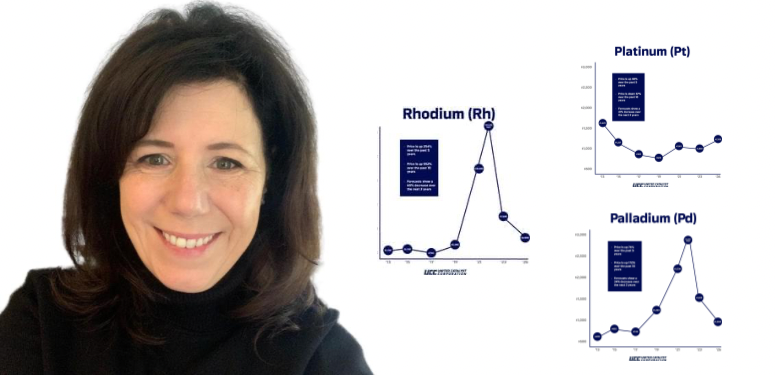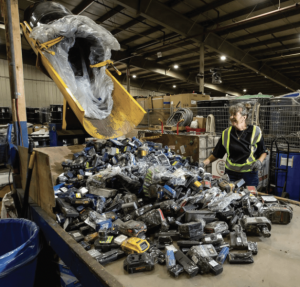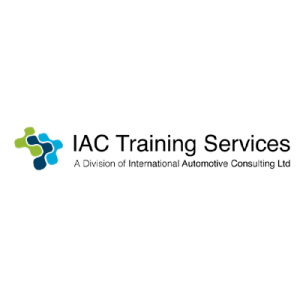By Becky Berube, President of United Catalyst Corporation
Converters are an important commodity to sell for any automotive recycler or scrap metal dealer. I can remember 10 years ago when they appeared less important—just another $50 core. We didn’t talk about converter recycling very much and it certainly didn’t command the attention and spending power of every tradeshow exhibit and magazine ad in the industry. But that’s what happens when a core skyrockets from $50 a unit to $350 in a very short period.
From what recyclers tell us, the value of the catalytic converter figures in differently to full-serve and self-serve yards. Most full-serve yards tell us they do not put the value of the catalytic converter into their purchase price for the vehicle, whereas most self-serve yards do. Funny, one full-serve recycler told his sons, “If we have to put the value of the catalytic converter into the price of the car, close the doors.” While a self-serve owner recently said that everyone is basically paying the same price for vehicles at auction and knowing the value of the cats at that time can give you an advantage when buying.
The problem is when you buy and PGM prices fall. What happens when you put the value of the catalytic converter into the price of the car at auction and the PGM prices tumble ? You have weeks before that vehicle is inventoried, and the converter is sold. You don’t want to be under water on any part of your inventory.
The value of this commodity remains an important issue. Some market participants wonder if the best of times is behind us. Instead of $2,000 Palladium and $30,000 Rhodium in the next three to five years, more likely is $1,350 Platinum, $1,000 Palladium, and $3,000 Rhodium by 2026, says Wilma Swarts, Director of PGM Research at Metals Focus. That easily brings the average converter prices back down below $100.
The moral of this story is that the best of times is now. With $800 Platinum, $1,200 Palladium, $3,500 Rhodium, and an average unit price slightly north of $100, converter prices are still double what they were 10 years ago. If you hold, you risk that prices might get worse. Selling your catalytic converter commodities into the current market is hedging for your business. Remember, catalytic converters are a commodity and commodity prices can be volatile. For example, a structural surplus accompanied by lower demand could mean lower prices. Platinum is the only one of the PGM complex expected to increase in price over the next few years due to its use in NOx emissions control and the Hydrogen economy. Unfortunately, the converters coming out of late model yards today are predominantly Palladium and Rhodium cats with very little Platinum. If you have converters that you have been hoarding for thirty years, then you likely still have a fair amount of Platinum.
Consider how to get the most out of your converters. We know speed of payment is an issue when you need to reinvest back into inventory. There is a rule of thumb with converter recycling. The faster the payment, the more margin you typically give up. Selling by piece or by auction yields quick cash while selling on assay takes a little more time but yields a higher net return when done correctly by a professional processor.
To learn more, or to stay informed on these topics, you can subscribe to our daily e-newsletter or get Platinum Group Metal prices texted twice daily to your phone, TEXT “Daily” to 844-713-PGMs (7467). You can also call us or email us at sales@unitedcatalystcorporation.com.
Becky Berube serves the recycling community as President of United Catalyst Corporation, is a Member of the Automotive Recycling Association’s Educational Programming Committee and is a Past President of the International Precious Metals Institute.



























